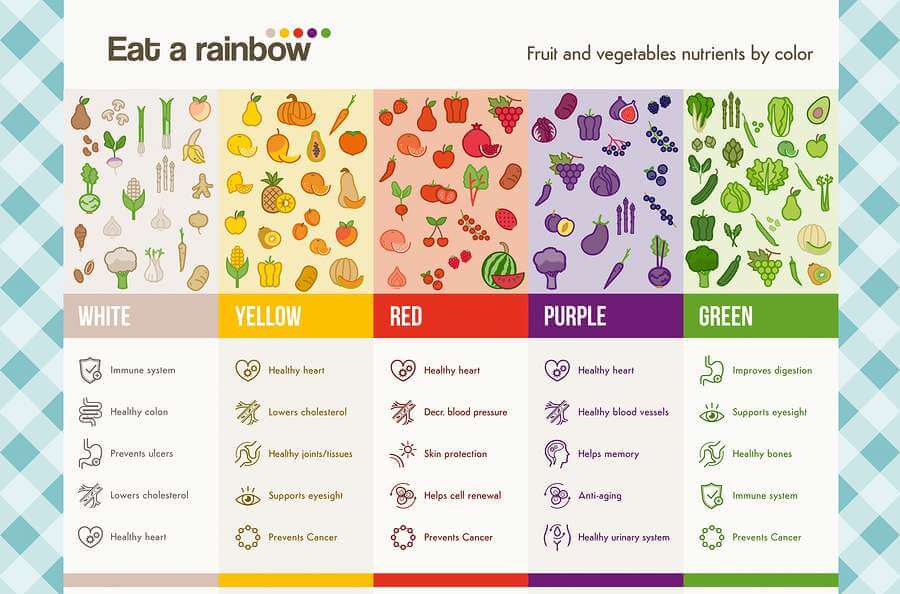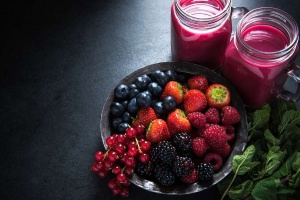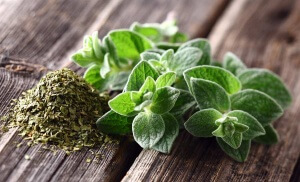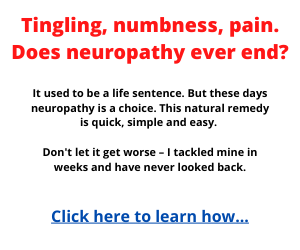With all the buzz about antioxidants, there also seems to be widespread confusion about what they actually do and why you need more antioxidants in your diet.
Below, you will find an explanation that distils down the most important facts you need to know.
Summary of the basic science involved
Without a constant supply of oxygen, you would not survive. However, there is also a dark side to oxygen. Inside the human body, oxygen is a highly reactive chemical molecule.
This means it readily seeks out and combines with other molecules in our tissues and DNA. As it does so, it causes what scientists call “oxidative stress” by capturing electrons from other molecules.
This creates what is known as “free radicals“. These are molecules that are missing electrons. They can do a great deal of damage in your body.
What do free radicals do?

Related to the aging process, free radicals in the body also cause a whole host of serious diseases.
These include most types of cancer, cardiovascular disease, diabetes, macular degeneration, and autoimmune diseases.
We can also add to this list, diseases such as fibromyalgia, arthritis, strokes, Alzheimer’s disease, Parkinson’s disease, memory loss, and other cognitive diseases.
Thus, free radicals are enemy #1!
What do antioxidants do?
Antioxidants are the superheroes that fight free radicals. When you envision antioxidants, it is instructive to think of them as tiny sized superheroes, yellow cape and all!
They travel throughout your body giving free radicals back their missing electrons. They also prevent oxidation and repair your DNA and tissues that have been damaged by free radicals.
Given the fact that new free radicals are forming with every breath you take, the more antioxidant superheroes you have working for you the better! Plus, you need a never-ending constant supply of them!
People who don't eat enough vegetables, fruits, and seafood have low levels of antioxidants. Likewise, people who eat mostly processed food (and/or eat out a lot) also have lower levels of antioxidants.
This is a fact that escapes most people when reading the “nutrition label” on processed food containers! This is because there is no legal requirement that food companies list the paltry amount of antioxidants that are left in food after the processing removes or denatures them.
When your diet is too low in antioxidants, something really tragic starts to happen. Free radicals start to build up to toxic proportions. As this happens, they quite literally break down your body one molecule at a time.
What's worse is that free radicals spawn more free radicals causing a cascading effect where the number of free radicals rises exponentially!
Aim to get more variety
There are literally thousands of different types of antioxidants. Each one of them helps scavenge for free radicals and repair tissues in a different way. Don't focus on any one particular antioxidant.
This happens to be all the rage in the health community at the moment. You should concentrate instead on getting as wide a variety of antioxidants as you can.
Keep in mind that new antioxidants are being discovered and named by scientists all the time. Instead of trying to consume the BEST antioxidant, it is better to consume antioxidant-rich foods.
Select them in a way that will give you the best chance of getting a wider variety of antioxidants into your system; including the ones that haven't yet been discovered and named! Sensible eating is always ahead of the best available science.
You may have heard the phrase, “Eat the rainbow!” This means eating vegetables and fruits of every color! This is very good advice on how to get the whole gamut of antioxidants that Mother Nature provides us into your system.
When you eat peppers, eat peppers of every color! If you eat beets, eat the yellow ones too! When selecting salad fixings at the farmers’ market or your local food coop, pick up some brightly colored edible flowers.
When buying “leafy greens,” select some of the purple varieties too. And eat some rainbow chard when it's in season!
Eat berries of every color you can find!
Branch out and try eating purple potatoes and purple cabbage.
Cook up a big stir-fry or soup with every color of the rainbow! Don't forget to include your white vegetables like onion, garlic, and water chestnuts too”. They are also full of antioxidants!
Very important tip
Herbs and spices have the densest concentration of antioxidants of any food you eat! Therefore, one very simple way to get a lot more antioxidants into your diet is to use more herbs and spices!
According to the United States Department of Agriculture, oregano has the highest antioxidant content of all the common herbs you use in cooking. However, dill, thyme, peppermint, and rosemary are also extremely high in antioxidants.
When you cook your scrambled eggs, don't just add salt. Try adding a little black pepper. It is very high in antioxidants.
Add also some herbs like thyme, chives, and rosemary. For a good supply of antioxidants on the go, sprinkle various spices on your sandwiches.
You can add cinnamon, allspice, or cardamom to your oatmeal.
Add a generous amount of chopped cilantro and or dill to your chicken salad or tuna salad.
Throw some crushed sage on your oven roasted potatoes.
Add mint to your curry stir-fry.
If you eat pizza, sprinkle some extra oregano over your pizza.
Add extra herbs to your soups, casseroles, dressings, and sauces. Even if you get a cup of take-out soup from the deli, you can always sprinkle over some extra herbs and black pepper. You can even keep a few spice jars in your desk at work.
Antioxidant supplements
You do not need antioxidant supplements if you have a healthy balanced diet. It means that you eat a variety of fresh vegetables and fruits daily, eat fish and seafood, and add herbs and spices to your food.
Moreover, the bulk of your diet does not consist of processed foods. On the other hand, if you are the kind of person who eats mostly processed foods and only rarely or sporadically eats vegetables and fruits, taking antioxidant supplements daily is a good idea.
Just keep in mind that antioxidants supplements will never give you the variety or quality of antioxidants you would get if you improved your diet.
Most antioxidant supplements on the market are synthetically produced. They are produced artificially in the lab. Like synthetically produced vitamins, synthetic antioxidants do not take on exactly the same form as the natural antioxidants found in food.
Therefore, your body does not recognize them. Your body often treats them as a foreign substance that needs to be eradicated. Because of this, synthetic antioxidants can actually cause more harm than good.
Therefore, if you do decide to take antioxidant supplements, be sure to find antioxidant supplements that are derived from whole foods such as dehydrated berries, leafy vegetables, sea algae, and spirulina.










